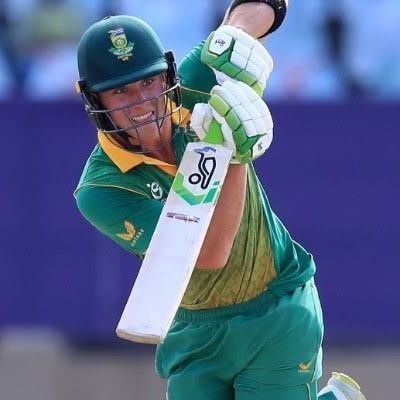Lawyers in Delhi End Strike After Police Agree to Appear in Person in Courts
In a major win for lawyers and court-goers in Delhi, the ongoing strike by advocates in lower courts has come to an end. This happy development follows a key directive from Delhi Police Commissioner Satish Golcha, who ordered all police personnel to physically show up in criminal courts to give evidence. The decision directly addresses the main demand of the protesting lawyers, bringing much-needed relief to litigants across the city.
The commissioner’s order rolls back parts of an earlier policy that allowed busy police officers to appear via video conferencing in both criminal and civil cases. Now, for criminal trials, cops will have to head to court in person, ensuring smoother and more transparent proceedings.
V.K. Singh, chairman of the Coordination Committee of All District Courts Bar Associations of Delhi, quickly shared the good news through a circular on Monday. He announced the withdrawal of the strike call, stating, "Since the Commissioner of Police has issued a circular directing all police officials to physically appear in courts for deposition and evidence in criminal trials, we’re calling off the abstinence from work."
Echoing this, Coordination Committee’s Secretary General Anil Kumar Basoya explained in a statement that their core demand for physical appearances by police in courts has been fully met. "With this resolution, the strike is over," he added, highlighting how it paves the way for fair trials.
The whole issue kicked off with an August 13 notification from Lieutenant Governor V.K. Saxena. It permitted Delhi Police personnel to testify from police stations using video conferencing, which lawyers strongly opposed. They argued that in-person appearances are crucial for ensuring free and fair trials, especially for victims and undertrial prisoners. Last month, this sparked a six-day strike by the advocates.
Things heated up further on September 4 when the Police Commissioner’s office wrote to principal district and sessions judges, pushing for virtual appearances. But that order got amended swiftly through a new circular. Special CP (Crime) Devesh Chandra Srivastava issued it to all Deputy Commissioners of Police, along with Special, Joint, and Additional Commissioners, making physical court attendance mandatory for criminal cases.
Just over the weekend, the Bar Council of India stepped in, urging the Coordination Committee to drop the Monday strike. They referenced a Supreme Court ruling that lawyers can’t go on strike or boycott courts, and pointed out the real hardships it causes to everyday litigants, including crime victims and those awaiting trials.
This resolution means Delhi’s lower courts can now get back to normal operations, helping thousands of cases move forward without delays. It’s a reminder of how protests can lead to positive changes in the justice system, keeping things accessible for everyone involved.



